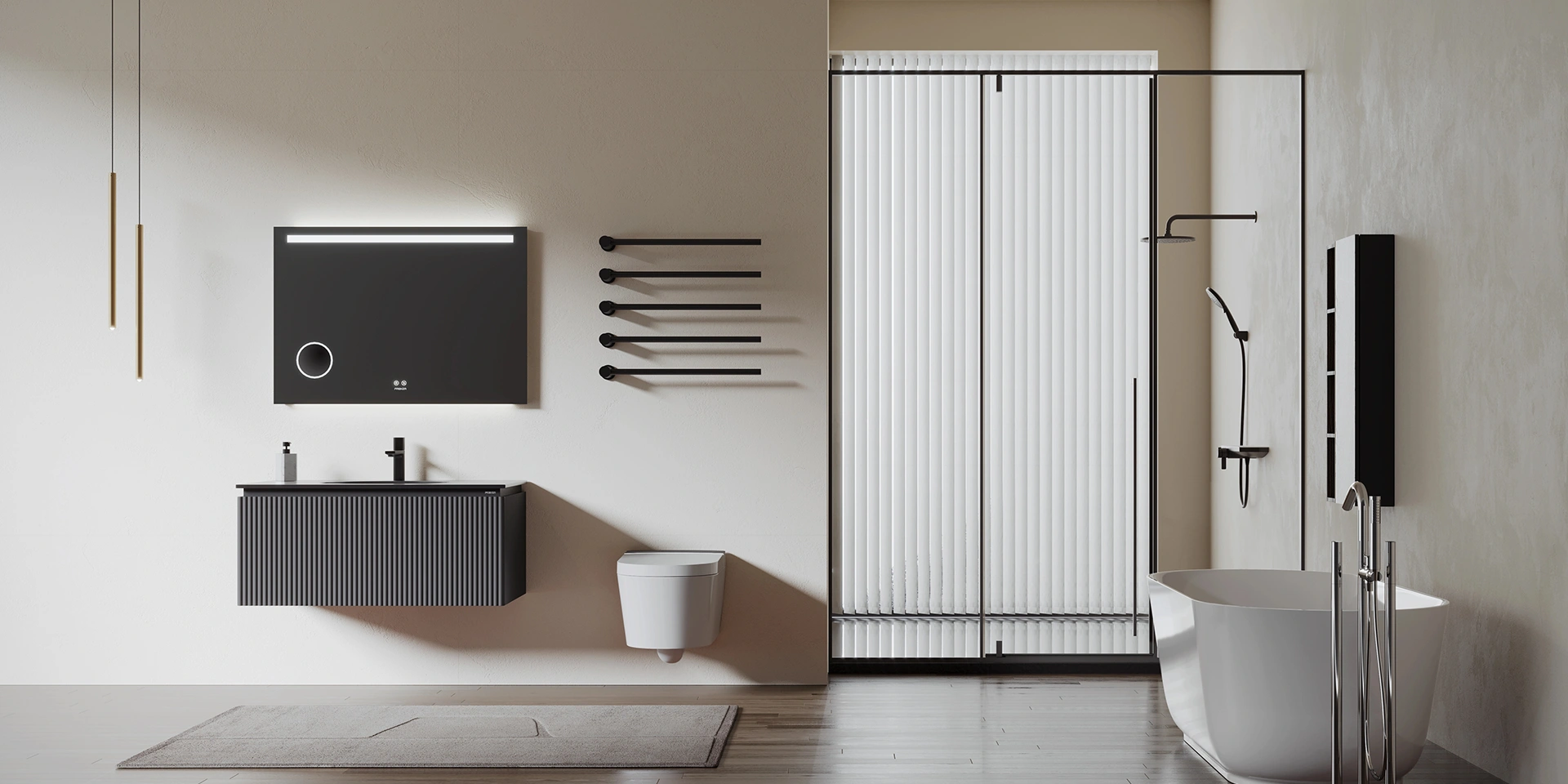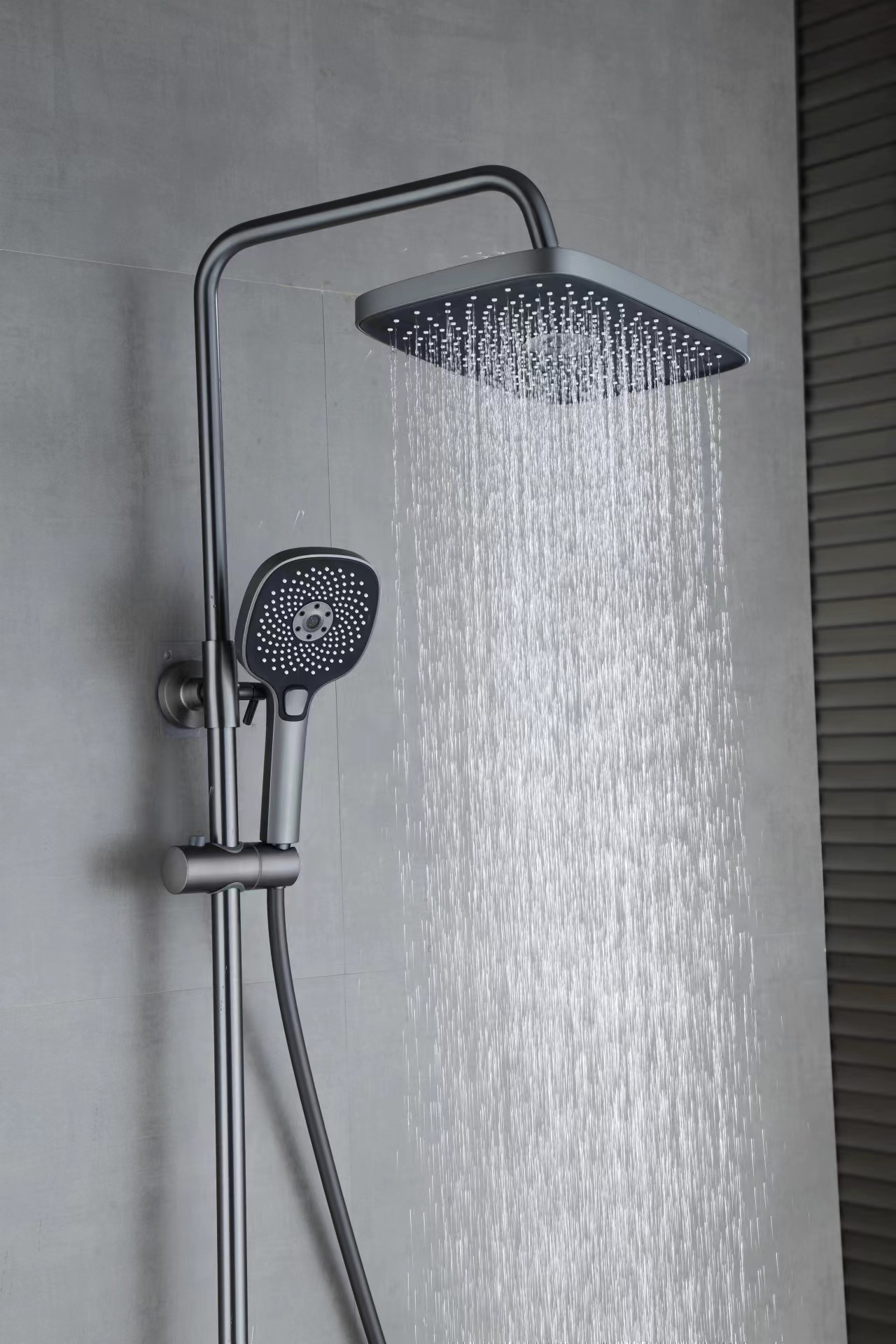Understanding Butyl Sealant Strips: A Key Component in Industrial Sealing Solutions
Release time:
2024-08-12
Butyl sealant strips are versatile sealing materials made primarily from synthetic rubber that contains a high level of butyl rubber. Known for their excellent adhesion and flexibility, these strips are widely used in various industrial applications, including construction, automotive, and manufacturing. Their unique properties make them ideal for sealing gaps and joints, thereby preventing air, moisture, and other contaminants from penetrating a system.
One of the standout features of butyl sealant strips is their exceptional resistance to weathering and aging. They can withstand extreme temperatures and harsh environmental conditions without losing their sealing capabilities, making them suitable for outdoor applications. Additionally, butyl rubber exhibits excellent chemical resistance, which means it can endure exposure to oils, acids, and other aggressive substances without deteriorating.
The application of butyl sealant strips in the industrial sector is diverse. They are commonly used for sealing windows, skylights, and roofing membranes in construction projects. Their ability to conform to irregular surfaces allows for effective sealing, which is crucial in preventing leaks and ensuring structural integrity. In automotive applications, butyl sealant strips are used to seal windshields and body panels, providing a waterproof barrier that enhances vehicle durability and safety.
Another significant advantage of butyl sealant strips is their ease of application. They can be easily cut to size and applied without the need for additional tools or equipment. This user-friendly characteristic saves time and labor costs in industrial projects, making them a preferred choice for many professionals.
When considering butyl sealant strips for your sealing needs, it is essential to evaluate the specific requirements of your application. Factors such as temperature range, exposure to chemicals, and the type of surfaces being sealed can influence the choice of sealing materials. Understanding these parameters will help you select the right butyl sealant for optimal performance.
In conclusion, butyl sealant strips are a vital component in the industrial sealing landscape. Their unique properties, including weather resistance, chemical stability, and ease of application, make them an excellent choice for a wide range of sealing applications. As industries continue to seek efficient and reliable sealing solutions, butyl sealant strips will undoubtedly remain a preferred option that meets the demands of modern industrial needs.
One of the standout features of butyl sealant strips is their exceptional resistance to weathering and aging. They can withstand extreme temperatures and harsh environmental conditions without losing their sealing capabilities, making them suitable for outdoor applications. Additionally, butyl rubber exhibits excellent chemical resistance, which means it can endure exposure to oils, acids, and other aggressive substances without deteriorating.
The application of butyl sealant strips in the industrial sector is diverse. They are commonly used for sealing windows, skylights, and roofing membranes in construction projects. Their ability to conform to irregular surfaces allows for effective sealing, which is crucial in preventing leaks and ensuring structural integrity. In automotive applications, butyl sealant strips are used to seal windshields and body panels, providing a waterproof barrier that enhances vehicle durability and safety.
Another significant advantage of butyl sealant strips is their ease of application. They can be easily cut to size and applied without the need for additional tools or equipment. This user-friendly characteristic saves time and labor costs in industrial projects, making them a preferred choice for many professionals.
When considering butyl sealant strips for your sealing needs, it is essential to evaluate the specific requirements of your application. Factors such as temperature range, exposure to chemicals, and the type of surfaces being sealed can influence the choice of sealing materials. Understanding these parameters will help you select the right butyl sealant for optimal performance.
In conclusion, butyl sealant strips are a vital component in the industrial sealing landscape. Their unique properties, including weather resistance, chemical stability, and ease of application, make them an excellent choice for a wide range of sealing applications. As industries continue to seek efficient and reliable sealing solutions, butyl sealant strips will undoubtedly remain a preferred option that meets the demands of modern industrial needs.
Related News
Share
 Ruigad@Ruigad.com
Ruigad@Ruigad.com
 0592-6363076
0592-6363076








